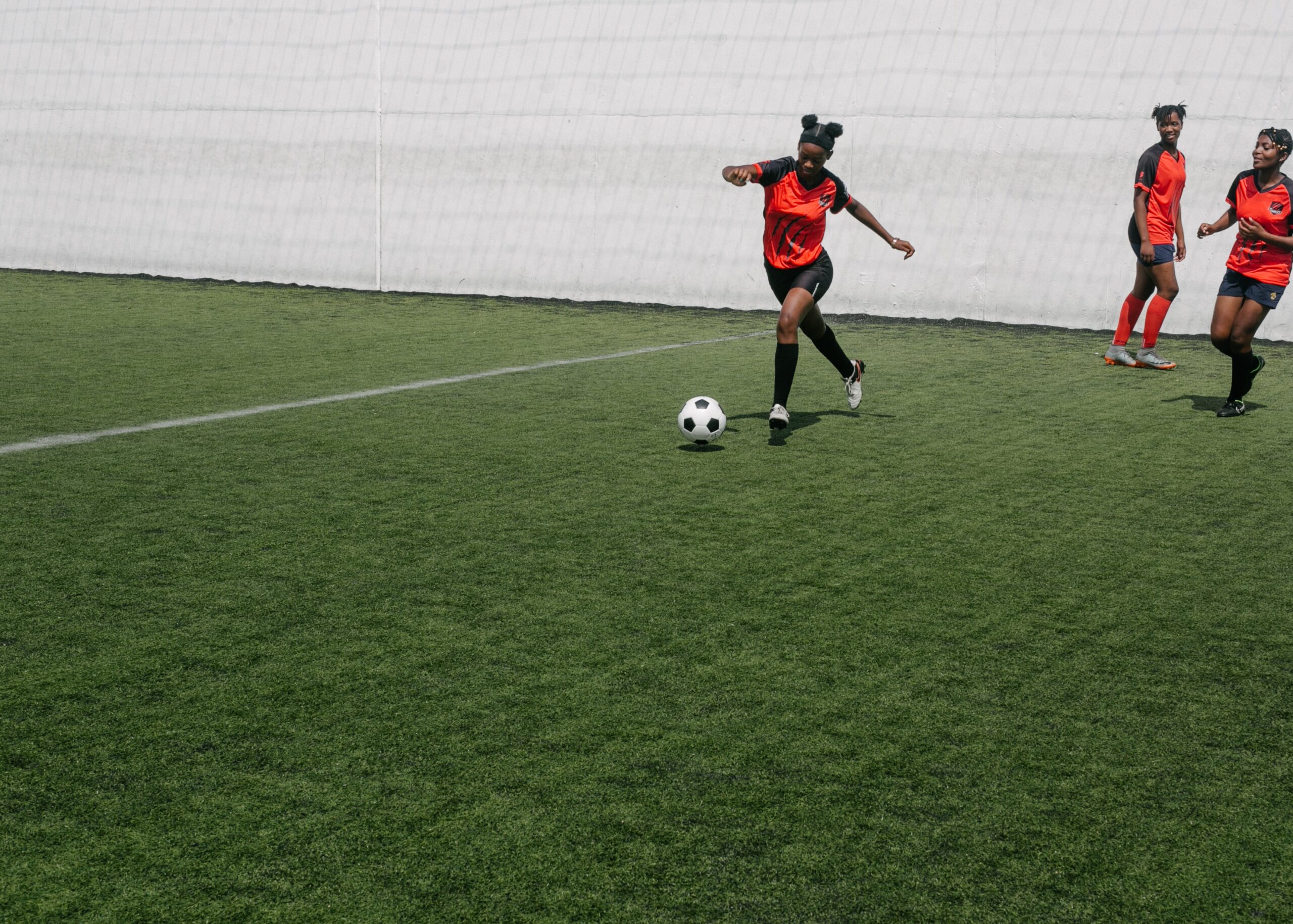
Black History Month is an important time to reevaluate the inequalities that many Black female athletes face when participating in sports at a collegiate or professional level. They often don’t get the same recognition or economic opportunities as other student-athletes and face just as much scrutiny. William C. Rhoden author of The New York Times article, Black and White Women Far From Equal Under Title IX, states, “the focus of Title IX has been gender equity, not racial equity in women’s sports. The most glaring outcome of the legislation is that white women—as athletes and administrators—have been the overwhelming beneficiaries” (Rhoden). Black female athletes are pushed to the side as Title IX was created to ensure gender equality, not racial equality because it does not recognize intersectional barriers.
51 years ago Title IX was passed but has not since been altered to prioritize the important issue of gender equality along with the intersectional identities of athletes since it was put into law in 1972. Title IX was a crucial step in the right direction for gender equality in sports, but still fails to allow for Black female athletes to be treated the same as white female athletes. Black women experience discrimination that white women do not experience. For example, Understanding the Controversy Over Caster Semenya, an article from The New York Times written by Jeré Longman, tells the story of Caster Semenya, a Black female Olympic athlete who was “punished simply for ‘being too fast and supposedly too masculine’” (Longman). In turn, the Olympic committee forced Semenya to undergo sex tests because she excelled in track and field. Semenya trains to be the elite athlete that she is on the track, but other white female elite athletes are not subjected to the same questioning. The experience that Semenya is only one story out of the many that Black female athletes have had to go through. Altering Title IX to account for experiences like these would make sports more equitable.
Acknowledging the experiences that Black women face in sports through Title IX would open up opportunities for younger generations of female athletes of color to have the same opportunities as white female athletes. Younger girls would see more successful Black female athletes and be inspired by the work they put in to get where they are. These role models deserve to be looked up to, not torn down by scrutiny.
